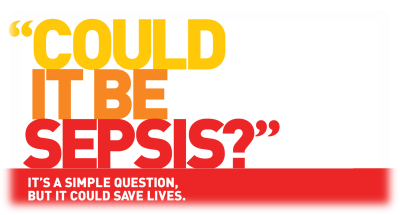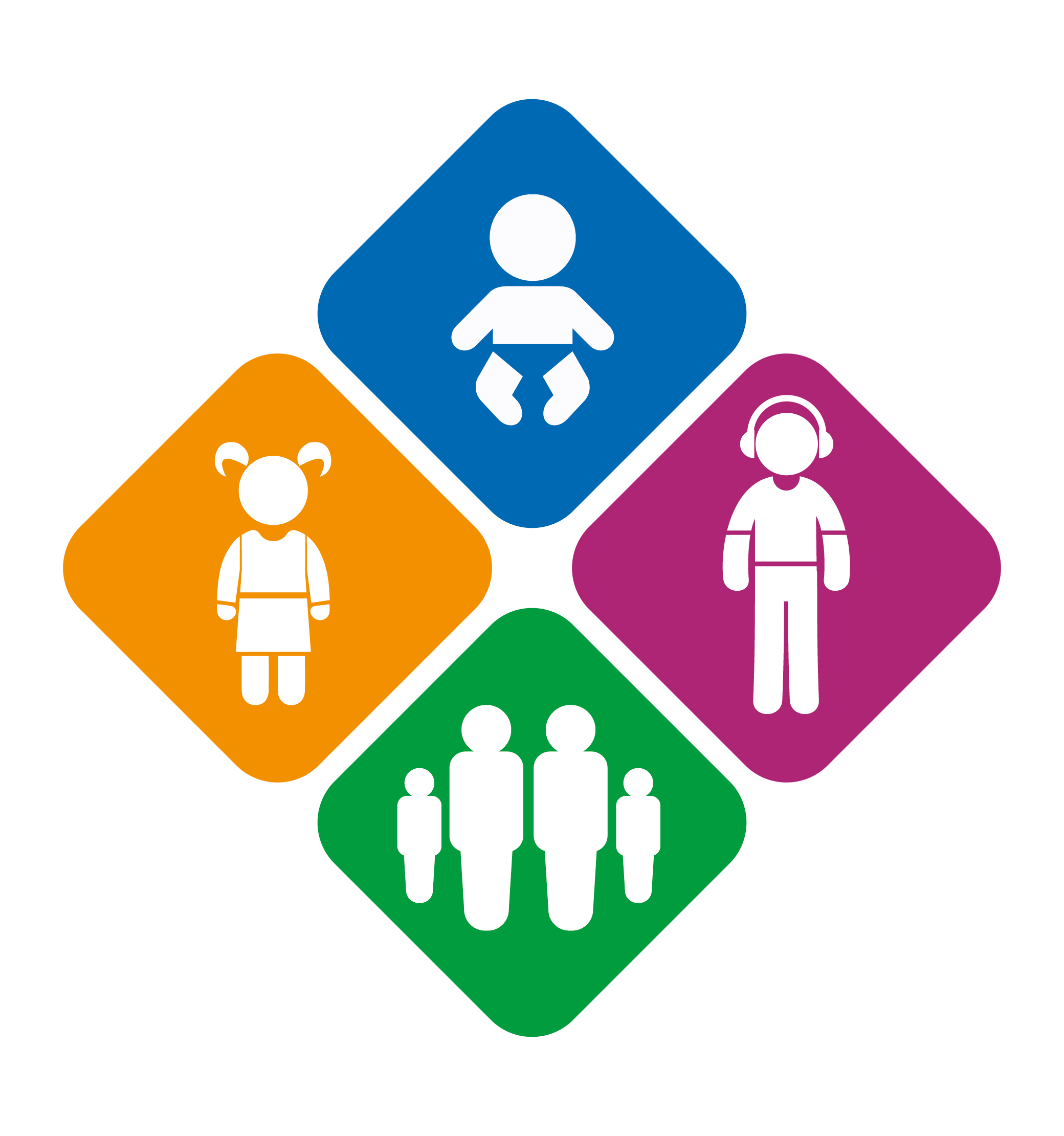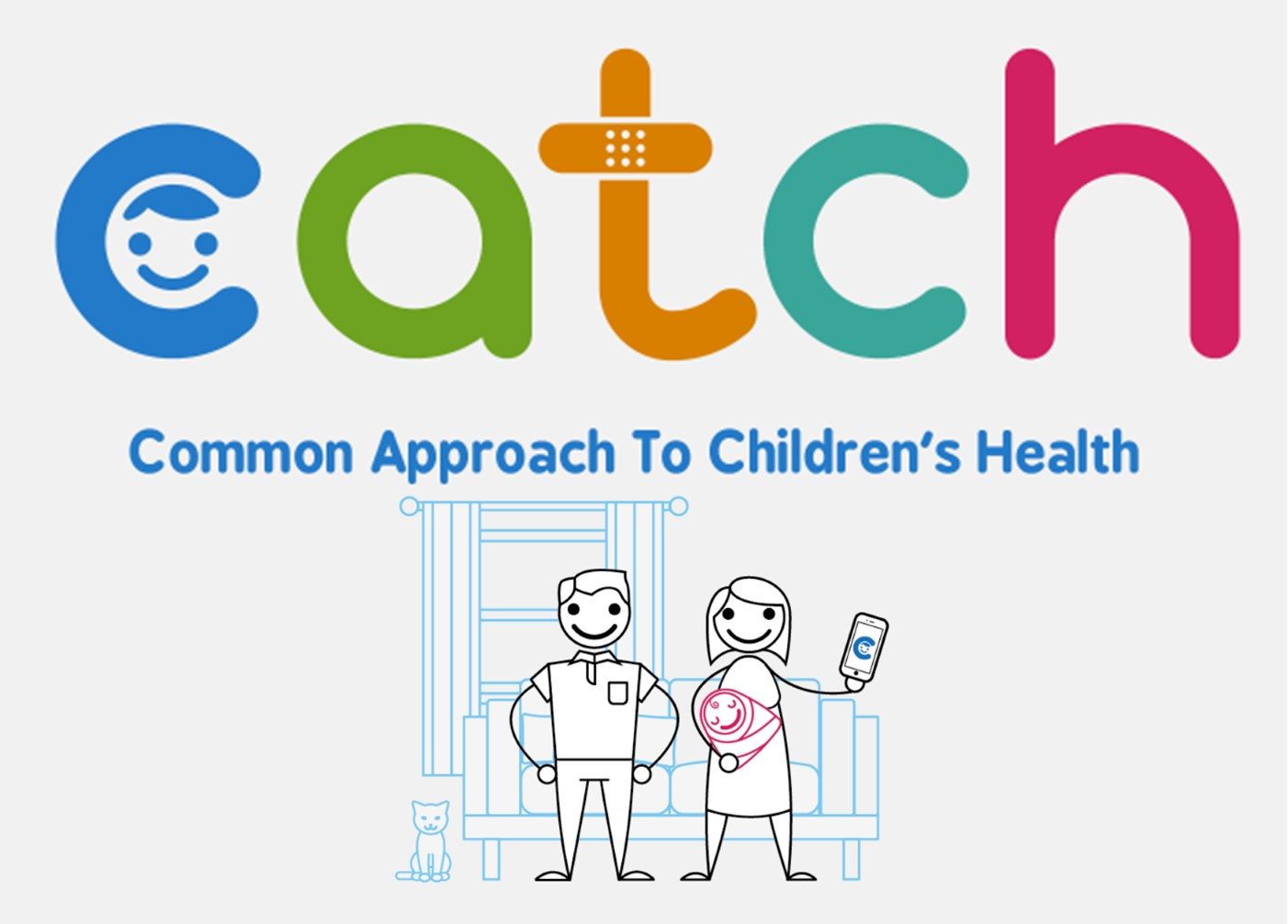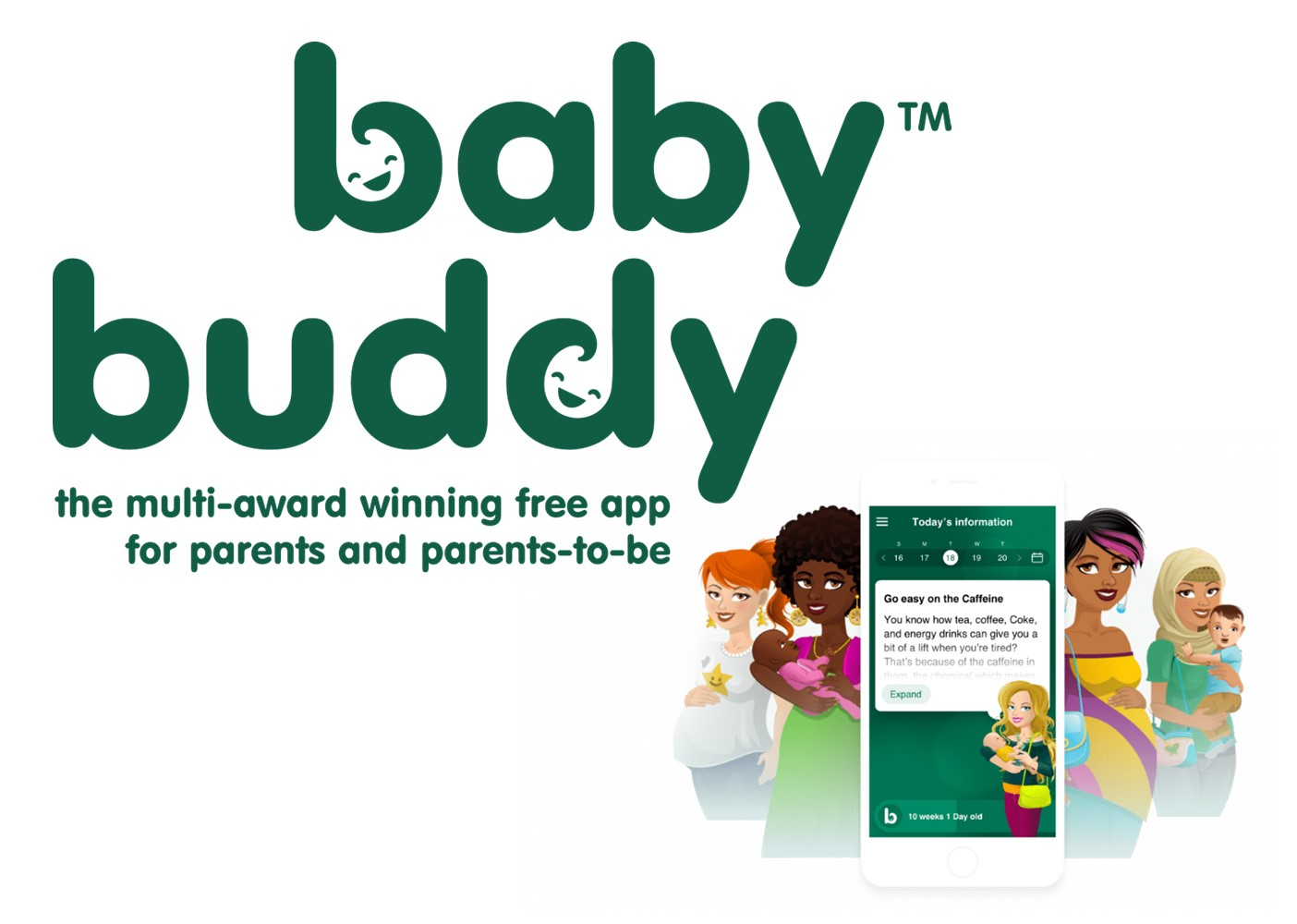There are many illnesses and health conditions to be aware of as a parent or carer. We’ve compiled a list of some common ones below.
Asthma is a common lung condition that causes occasional breathing difficulties. It affects people of all ages and often starts in childhood, although it can also develop for the first time in adults.
There's currently no cure, but there are simple treatments such as inhalers that can help keep the symptoms under control, so it does not have a big impact on your life.
The main symptoms of asthma are:
- a whistling sound when breathing (wheezing)
- breathlessness
- a tight chest, which may feel like a band is tightening around it
- coughing
The symptoms can sometimes get temporarily worse. This is known as an asthma attack.
If you’re unsure about anything to do with your condition speak to your GP or Asthma nurse who can help you to manage it.
If you’re away from home be prepared. Remember to:
- Take note of your asthma medication and where you keep it.
- Make a note of what your asthma triggers are.
For more information, visit the NHS - Asthma.
Bowel incontinence, or faecal incontinence, is when you have problems controlling your bowels.
It can be very upsetting and embarrassing, but it's important to get medical advice if you have it because treatment can help.
Bowel incontinence can affect people in different ways.
You may have a problem if:
- You have sudden urges to poo that you can't control
- You soil yourself without realising you needed the toilet
- You sometimes leak poo – for example, when you pass wind
- It happens every day or from time to time – a one-off "accident" when you're ill with diarrhoea isn't usually a problem
- It’s affecting your daily life – for example, it stops you socialising
You may also have other symptoms, such as constipation, diarrhoea, passing wind or bloating.
For more information, visit the NHS - Bowel Incontinence.
Chicken Pox
Chickenpox is common and mostly affects children, although you can get it at any age. It usually gets better by itself within a week without needing to see a GP.
You might get symptoms before or after the spots, including:
- A high temperature above 38C
- Aches and pains, and generally feeling unwell
- Loss of appetite
Chickenpox is very itchy and can make children feel miserable, even if they do not have many spots. Chickenpox is usually much worse in adults. It's possible to get chickenpox more than once, although it's unusual.
Photographs of chicken pox can be seen on the NHS - Chickenpox.
Shingles
Shingles is an infection that causes a painful rash. Get advice from 111 as soon as possible if you think you have it.
The first signs of shingles can be:
- Tingling or painful feeling in an area of skin
- Headache or feeling generally unwell
- Rash will appear a few days later.
- Usually you get shingles on your chest and tummy, but it can appear on your face, eyes and genitals
Photographs of shingles can be seen on the NHS - Shingles.
Conjunctivitis is an eye condition caused by infection or allergies. It usually gets better in a couple of weeks without treatment. It is also known as red or pink eye. It usually affects both eyes and makes them:
- Bloodshot
- Burn or feel gritty
- Produce pus that sticks to lashes
- Itch
- Water
Photographs of conjunctivitis can be seen on the NHS - Conjunctivitis.
Diabetes is a lifelong condition that causes a person's blood sugar level to become too high. There are 2 main types of diabetes:
- Type 1 diabetes – where the body's immune system attacks and destroys the cells that produce insulin
- Type 2 diabetes – where the body does not produce enough insulin, or the body's cells do not react to insulin
Type 2 diabetes is far more common than type 1. In the UK, around 90% of all adults with diabetes have type 2.
During pregnancy, some women have such high levels of blood glucose that their body is unable to produce enough insulin to absorb it all. This is known as gestational diabetes.
For more information, visit the NHS - Diabetes.
Eczema is a common skin problem that can make your skin irritable, red and itchy. It can appear on the face, neck, knees, elbows, hands and ankles most commonly. Though it can appear on other parts of the body. Eczema is not contagious and can vary in severity.
How do I manage my eczema?
If you have eczema your skin doesn’t provide the same level of protection and loses moisture causing the skin to become very dry. So, the best way to help your eczema is to moisturise your skin. You can get special moisturisers called emollients that can help with this. You can play sport, though sweating may irritate your skin so make sure to wear loose cotton clothing.
Visit your GP to diagnose your skin condition and to get help with managing it. For more information, visit the NHS - Eczema.
Epilepsy is a common condition that affects the brain and causes frequent seizures. Seizures are bursts of electrical activity in the brain that temporarily affects how it works. They can cause a wide range of symptoms. Possible symptoms include:
- uncontrollable jerking and shaking, called a "fit"
- losing awareness and staring blankly into space
- becoming stiff
- strange sensations, such as a "rising" feeling in the tummy, unusual smells or tastes, and a tingling feeling in your arms or legs
- collapsing
Epilepsy can start at any age, but usually starts either in childhood or in people over 60.
It's often life long but can sometimes get slowly better over time.
For more information, visit the NHS - Epilepsy.
What’s the difference between a cold and flu?
Flu can last longer than a cold. You will feel much more poorly with flu and unlikely to want to get out of bed. Flu is caused by the influenza virus whereby colds can be caused by many different viruses. You can often treat the flu without seeing a GP and should begin to feel better in about a week.
Flu symptoms come on very quickly and can include:
- A sudden fever – a temperature of 38C or above
- An aching body
- Feeling tired or exhausted
- Dry cough
- Sore throat
- Headache
- Difficulty sleeping
- Loss of appetite
- Diarrhoea or tummy pain
- Feeling sick and being sick
The symptoms are similar for children, but they can also get pain in their ear and appear less active.
A pharmacist can help with flu; they can give treatment advice and recommend flu remedies. However, be careful not to use flu remedies if you're taking paracetamol and ibuprofen tablets as it's easy to take more than the recommended dose.
To protect yourself, you can have the flu vaccine. View more information on at NHS - Flu.
Flu vaccination: who should have it this winter and why - GOV.UK
Head lice and nits are very common in young children and their families. They do not have anything to do with dirty hair and are picked up by head-to-head contact.
Check if it's head lice:
[IMAGE HERE]
Head lice are small insects, up to 3mm long.
[IMAGE HERE]
They can be difficult to spot in your hair.
[IMAGE HERE]
Head lice eggs (nits) are brown or white (empty shells) and attached to the hair.
Treat head lice as soon as you spot them. You can treat head lice without seeing a GP.
Try wet combing first before using medicated lotions or sprays. Ask a pharmacist for advice if you have tried wet combing for 17 days, but your child still has live head lice. To learn more about wet combing, watch or listen to the video below.
[VIDEO HERE]
For more information, visit the NHS - Headlice and Nits.
Early signs such as vomiting, fever, aches and tiredness could be signs of a less serious illness. But if you have meningitis, you can become seriously ill in a matter of hours. You may have:
- a very bad headache
- a stiff neck
- vomiting
- a dislike of bright lights
- develop a rash (that doesn’t disappear if a glass is pressed firmly against it)
- confusion
- severe tiredness
- seizures
You may get some of these symptoms in any order. Contact a GP or call 111 if you think you might have meningitis.
For more information, visit the NHS - Meningitis.
Talking to your child about how they are feeling and understanding their emotions and behaviour is key to being able to help and support them. But it can feel tricky talking about this.
If you are increasingly worried about your child’s behaviour and want to learn more about mental health, the Young Minds website has a page dedicated to different mental health issues such as anxiety, depression, bereavement and bullying, to name but a few. This is a good place to start, though if you’re increasingly concerned get in touch with your school nurse or GP who can tell you where to find local support.
Cheshire & Wirral Partnership NHS Foundation Trust’s Child and Adolescent Mental Health Service (CWP CAMHS) also have a local website called MyMind dedicated to the mental well-being of children. The site details how this local service can help and also offers some great strategies for children to help them through life’s journey.
A migraine is usually a moderate or severe headache felt as a throbbing pain on one side of the head. Many people also have symptoms such as:
- feeling sick
- being sick
- increased sensitivity to light
- increased sensitivity to sound
Migraine is a common health condition, affecting around 1 in every 5 women and around 1 in every 15 men. They usually begin in early adulthood. Some people have migraines that are triggered by things like stress and tiredness.
If you are concerned that you are experiencing migraines speak to your school nurse or GP.
For more information, visit the NHS - Migraines.
Oral thrush (also known as mouth thrush) is usually harmless. It's common in babies and older people with dentures. It can be easily treated with medicines bought from a pharmacy.
Symptoms in adults are:
- Cracks at the corners of the mouth
- Not tasting things properly
- An unpleasant taste in the mouth
- Pain inside the mouth (for example, a sore tongue or sore gums)
- Difficulty eating and drinking
Oral thrush in adults is not contagious.
Symptoms in babies are:
- They do not want to feed
- Nappy rash
Babies can occasionally pass oral thrush on through breastfeeding. This can cause nipple thrush in mothers.
Photographs of oral thrush can be seen on the NHS - Oral Thrush.
Urinary incontinence is the unintentional passing of urine. It's a common problem thought to affect millions of people. There are several types of urinary incontinence, including:
- Stress incontinence – when urine leaks out at times when your bladder is under pressure; for example, when you cough or laugh
- Urge incontinence – when urine leaks as you feel a sudden, intense urge to pee, or soon afterwards
- Overflow incontinence (chronic urinary retention) – when you're unable to fully empty your bladder, which causes frequent leaking
- Total incontinence – when your bladder cannot store any urine at all, which causes you to pass urine constantly or have frequent leaking
It's also possible to have a mixture of both stress and urge urinary incontinence.
For more information, visit the NHS - Urinary Incontinence.
Continence 0-5 years
Toilet Training
Every child is different; they learn to walk and talk at different times and they learn how to use the toilet at different times too. However, most children are ready to be potty trained between 18 months and 3 years.
Toilet Training support is available for all children through the Starting Well Service. If you are struggling to toilet train your child contact your Health Visitor or Nursery Nurse in your local Children's Centre.
Constipation and Soiling
Constipation is the most common bowel problem in children. It is the inability to do a poo regularly or to completely empty the bowel.
It can start at any age (including babies) and affects up to 30% of all children.
A child is constipated if they poo less than four times a week.
Constipation can be very uncomfortable and distressing for a child and difficult for the family to deal with.
Useful resouces
Thinking About Wee and Poo now You're 2 - ERIC (pdf)
Thinking About Wee and Poo now you're on your way to school - ERIC (pdf)
Guide for Children with additional needs - ERIC (pdf)
Continence 5-15 years
Daytime Wetting
Children wetting themselves during the day is very common: one in seven children aged four and one in 20 children aged nine are affected. You and your family are not alone in dealing with this issue. We are here to help and our information can guide you through stopping the wee accidents.
ERIC, Daytime Wetting
ERIC Guide to Children's Daytime Bladder Problems - (pdf)
Bedwetting
Bedwetting (also known as nocturnal enuresis) affects around half a million children and teenagers in the UK. It's an issue families can find very isolating and difficult to talk about openly. It can take a huge toll on family life and affect kid's self-esteem and emotional well-being.
Constipation and Soiling
Constipation is the most common bowel problem in children. It is the inability to do a poo regularly or to completely empty the bowel.
It can start at any age (including babies) and affects up to 30% of all children.
A child is constipated if they poo less than four times a week.
Constipation can be very uncomfortable and distressing for a child and difficult for the family to deal with.
Useful resources
Guide to Nightime Wetting - ERIC (pdf)
Guide for Children with Additional Needs - ERIC (pdf)
The Children’s Bowel and Bladder Charity (ERIC)
ERIC, The Children's Bowel & Bladder Charity has been dedicated for over 30 years to improving the lives of all children and teenagers in the UK facing continence challenges.
ERIC offer:
- a helpline for families to talk to or email an expertly trained childhood continence advisor
- information and downloadable guides on potty training, bowel problems (constipation & soiling), daytime bladder problems and bedwetting
- training courses for health and education professionals
- parent & carer workshops to inform and give support on potty training and bowel & bladder conditions
- an online shop supplying a range of life-transforming continence products
- campaigns to raise awareness of the causes and treatment of children's bowel and bladder problems and to improve support available to children in education settings and the NHS.
Useful resources

- Sepsis is a life-threatening condition that arises when the body’s response to an infection injures its own tissues and organs.
- Your immune system usually helps to protect us and fight infection, but in sepsis it goes into overdrive.
- Any infection can trigger sepsis.
- Sepsis is not contagious. Rather it is your body’s over reaction to the infection.
- Though not always easy to diagnose, if spotted early, antibiotics can be the difference between survival and death.
In the early stages it is often difficult to distinguish sepsis from flu. It can initially look like flu, gastroenteritis or a chest infection.
Early signs of sepsis include:
• Low body temperature
• Chills & shivering
• Fast heartbeat
• Fast breathing
• A high temperature (fever)
In some cases, symptoms of more severe sepsis or septic shock (when your blood pressure drops to a dangerously low level) can develop soon after.
These include:
• Feeling dizzy / faint
• A change in mental state, such as confusion or disorientation
• Diarrhoea
• Nausea & vomiting
• Slurred speech
• Severe muscle pain
• Severe breathlessness
• Less urine production than usual (e.g., not passing urine all day)
• Cold, clammy, pale, or mottled skin
• Loss of consciousness
Sepsis Savvy by 'The Sepsis Trust'
Useful links and resources:
Sepsis Trust
Sepsis NHS
Sepsis Just Ask Leaflet - pdf
Spotting Sepsis In Children - pdf




